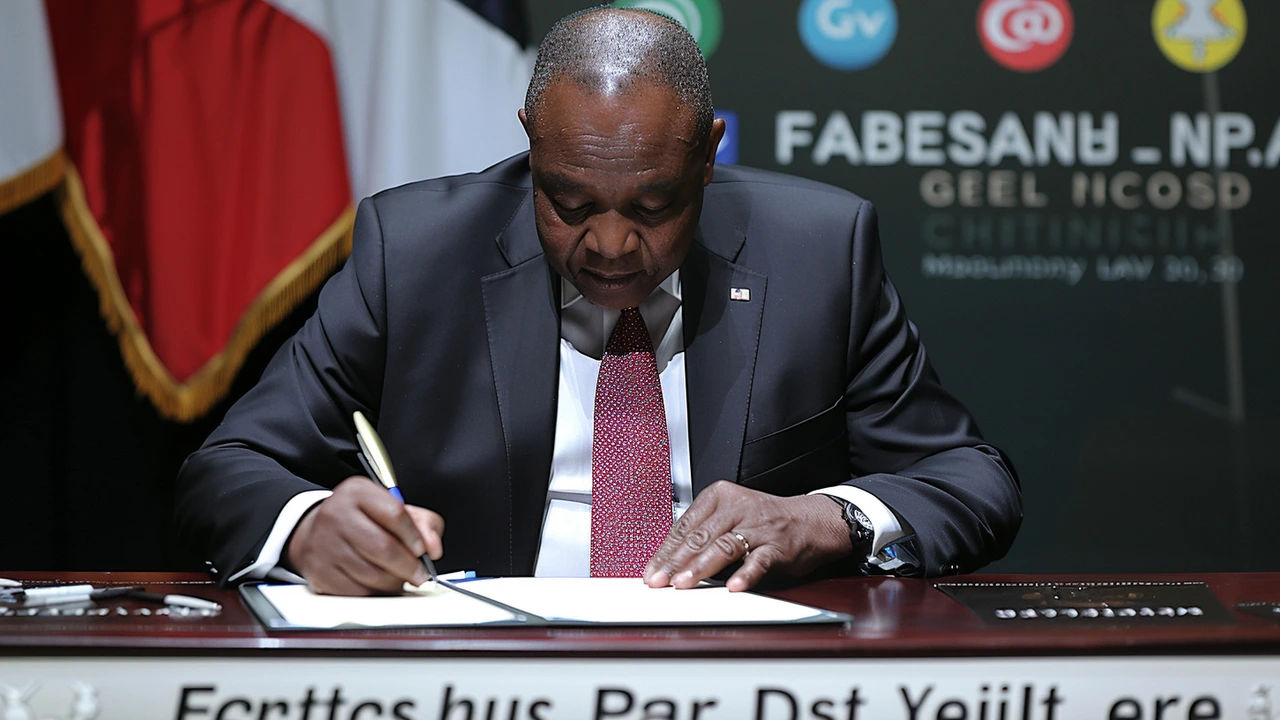Femicide in South Africa: What You Need to Know
Femicide means the killing of women because of their gender. In South Africa, it’s sadly one of the most serious problems we face. This isn’t just crime statistics — it’s a crisis that affects families, communities, and the entire country. Understanding femicide helps us see how widespread violence against women is and why we need to take action now.
One shocking fact is that South Africa has one of the highest femicide rates in the world. Many of these killings happen in homes, involving partners or family members. But it’s not just about numbers. Every case represents a life lost and loved ones left devastated. The problem is deeply linked with gender inequality, social attitudes, and often, a lack of support systems for victims.
Why Does Femicide Happen?
It’s a mix of factors, honestly. Some people struggle with control and power over their partners, especially in environments where male dominance is seen as normal. Alcohol abuse and poverty make things worse by adding stress and conflict. Often, victims don’t get help because they fear stigma or don’t trust authorities. Society sometimes downplays abuse, making it harder to stop before it turns deadly.
Legal systems and police responses can be slow or ineffective, meaning many cases never get resolved. This leaves survivors and families feeling helpless, which hurts efforts to prevent more violence. Education and awareness are crucial — people need to understand that violence is never acceptable, and there should be no silence around abuse.
What Can We Do to Fight Femicide?
Stopping femicide means changing how we think and act. Communities can support victims by creating safe spaces and encouraging people to speak out. Governments must enforce laws that protect women and ensure quick action against offenders. Awareness campaigns help challenge harmful stereotypes about gender roles.
Everyone has a role, from neighbors to police officers. If you see signs of abuse, don't ignore them. Encourage victims to reach out for help and report violence. Education in schools about respect and equality can shape a new generation that won’t accept abuse. Finally, supporting organizations that help women in crisis can make a real difference.
Femicide is a tough topic, but talking about it openly is the first step toward change. By understanding the problem and standing up against violence, we can work together to build a safer South Africa for women and girls.
